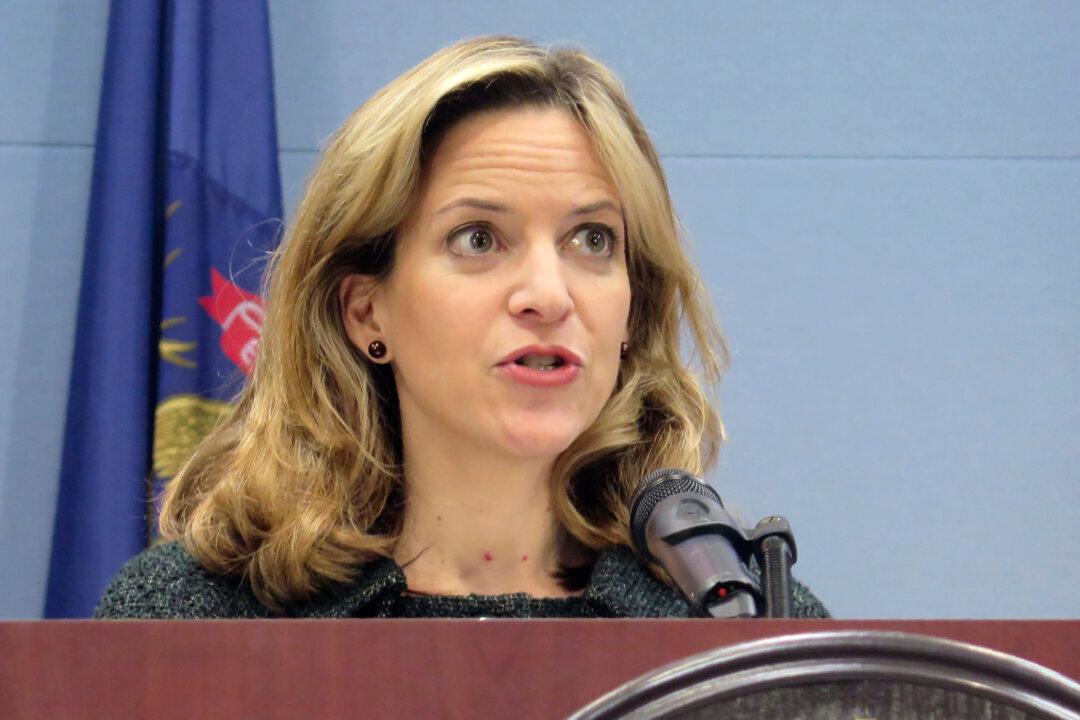The Trump campaign on Monday asked the Michigan Supreme Court to review a legal challenge seeking “meaningful access” for poll challengers to observe ballot counting in the state.
Although Michigan had already certified its 2020 election results, the campaign is asking the state’s top court to declare that the Secretary of State, Jocelyn Benson, violated the state’s constitution and election laws by permitting the counting of absentee ballots without meaningful access for poll challengers to observe the counting and processing.




